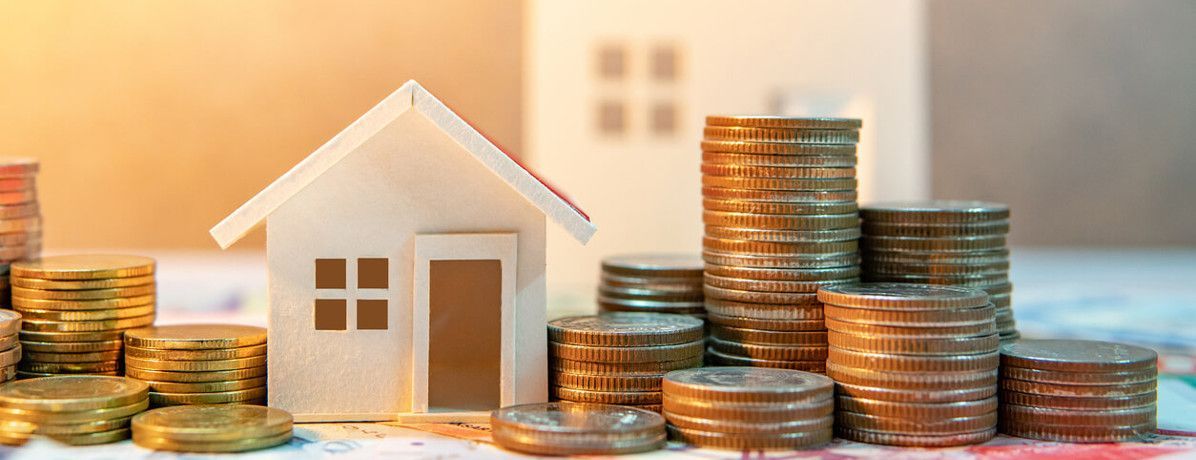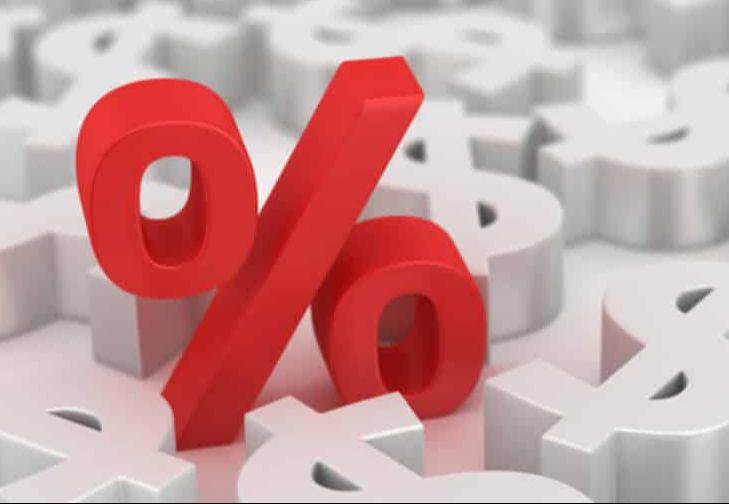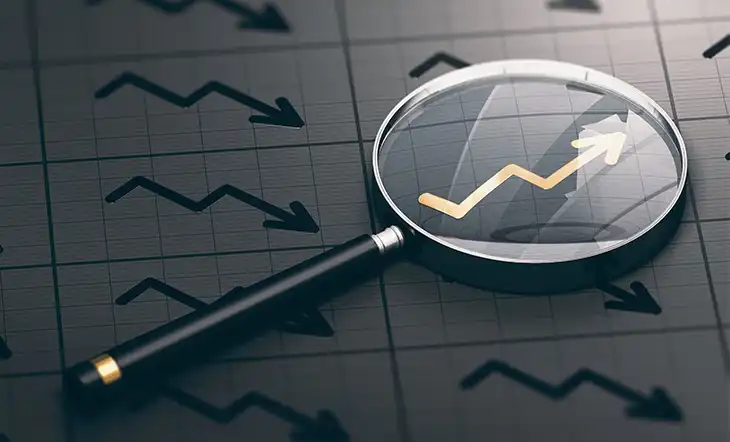
Saving money is an essential skill for a balanced and stable financial life. Often, the small actions and decisions we make in our daily lives can make a big difference in our long-term financial situation.
Set savings goals
One of the best ways to save money is to set clear and realistic goals. Think about what you want to achieve in the short, medium and long term, and establish a savings plan for each of them.
For example, if you want to buy a new car in a year, calculate how much money you need to save each month to reach that goal. If you want to have an emergency fund for unforeseen events, establish how much money you need to save and over what period of time.
Create a budget
One of the best ways to save money is to create a budget. By doing so, you'll have a better idea of how much money you're spending and where you can cut back.
Start by making a list of all your monthly income and expenses. Then, identify the expenses that are necessary and those that are optional.
Reduce unnecessary expenses
One of the best tips for saving money in daily life is to reduce unnecessary expenses. To do this, it is important to make a list of all the expenses you have and analyze which are really necessary and which are not.
Once unnecessary expenses have been identified, it is important to eliminate them or reduce them to a minimum. For example, you can cancel subscriptions to magazines or services that you do not use, reduce the consumption of electricity or water, or avoid buying products that you do not really need.
Take advantage of offers and discounts
A simple way to save money is to take advantage of offers and discounts offered by stores and businesses. It is important to be aware of promotions and compare prices before making a purchase.
It is also advisable to sign up for loyalty programs or discount cards to obtain exclusive benefits. In addition, there are mobile applications that allow you to find offers and discount coupons in different establishments.
Avoid debt and pay on time
One of the best ways to save money is to avoid debt and pay on time. Debts accumulate interest and can become a financial burden that is difficult to manage. To avoid them, it is important to:
- Create a budget: this will help you know exactly how much money you have available to spend each month and allow you to better plan your spending;
- Don't spend more than you earn: this may seem obvious, but many people get into debt because they spend more than they can afford;
- Pay your bills on time: if you don't pay your bills on time, you could rack up penalties and additional charges;
- Not using credit cards for unnecessary expenses: credit cards can be useful in certain situations, but if you use them to buy things you don't need, you could end up going into debt.
By avoiding debt and paying on time, you can keep your financial situation under control and save money in the long run.
Cooking at home and cutting back on eating out
Cooking at home is a great way to save money in everyday life. Instead of spending money on meals out, you can prepare your own meals and save a lot of money in the long run.
In addition, cooking at home allows you to have more control over the ingredients you consume and allows you to eat healthier. You can also prepare larger portions and freeze them to have meals ready for when you don't have time to cook.
Compare prices before you buy
Instead of buying the first product you see, take the time to research and compare prices in different stores and online.
You can also take advantage of deals and discounts offered by some stores. But be sure to check the conditions and restrictions before making the purchase.
Save energy at home
One way to save money in everyday life is to reduce energy consumption at home. Here are some tips:
- Change incandescent bulbs for LED lights, which consume less energy and last longer;
- Turn off appliances when you are not using them, especially those with standby mode;
- Use the washing machine and clothes dryer only when you have full loads;
- Don't leave chargers plugged in when they are not charging devices;
- Adjust the thermostat to maintain a comfortable but not excessive temperature in your home.






